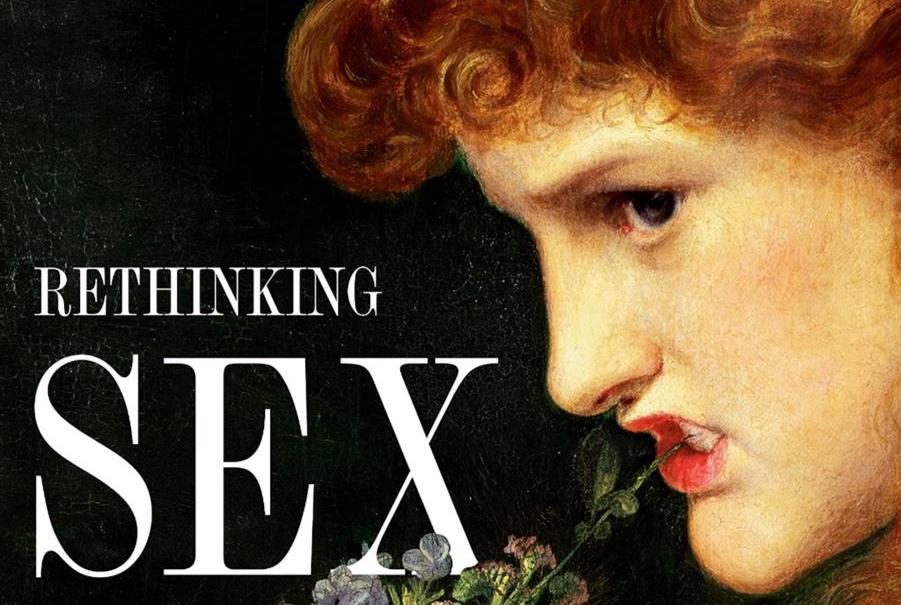Then came the disciples to Jesus apart, and said,’Why could we not cast him out?’ And Jesus said unto them, ‘Because of your unbelief…howbeit this kind goeth not out except by prayer and fasting.”
Matthew 17:19–21
The thirteenth lesson in Andrew Murray’s “With Christ in the School of Prayer,” deals with the disciples’ question regarding their inability to cast out a demon even after Jesus had told them that all power in heaven had been given unto them. After some level of success in seeing the powers of hell being subdued by their words, they were taken aback to discover a demon able to resist them. Jesus points them to the lesson He had taught them from the beginning, namely, that prayer and belief must work hand in hand. Here, however, they (and we) receive the added insight that fasting has an important role in prayer as well.
Just what is the role of fasting in the life of the disciple? Why must one pray and fast in order to accomplish certain things? Is fasting (and for that matter, prayer as well) incommensurate with both the free grace and the sovereignty of God–is it some sort of religious duty that twists God’s anthropomorphic arm until He gives in to the pietistic pleas of His people? Murray sets out a simple answer to these questions in his lesson entitled “Prayer and Fasting: Or the Cure for Unbelief,” and expands upon it throughout his devotional book.
Login to read more
Sign in or create a free account to access Subscriber-only content.
Topics:
